Data flows endlessly with us living in a connected world, data is being created and stored faster than everprevState With all that data coming in – be it from online transactions, social engagements or nests running wine bottle memes/devops cheerleading campaigns/spimming circles the volume of information available today can seem staggering. But amidst this flood, it is the actual question that remains: how do we look past? This is exactly where data analysis comes in. Today, it is the era of digital technology that can extract significant facts about these huge datasets. After two months of work, we are happy to present RDatao : your ultimate guide-book for understanding and working with data analysis using r.
Exploring Rdatao: A Comprehensive Overview
Defining Rdatao: Purpose and Significance
Rdatao is an advanced framework designed for comprehensive data management, analysis, and processing. It stands out due to its capability to handle complex data structures efficiently, providing robust and high-performance solutions.
Historical Context: Evolution and Development
Emerging from the necessity to manage vast datasets more effectively, Rdatao has evolved significantly alongside technological advancements. It continues to integrate cutting-edge methodologies and technologies, ensuring its relevance and effectiveness in modern data environments.
Understanding How rdatao Works

Rdatao follows a systematic approach to transform raw data into actionable insights. This involves several crucial stages:
Collecting Data: Pulls data from a variety of databases, interfaces through sensors or APIs and can work with structure (Spreadsheets) as well unstructured (like social media post).
Data Cleansing: Refers to the detection, repair and removal of errors in a dataset by sorting out inaccurate or irrelevant records while detecting incomplete, incorrect or irrelevant parts of data.
Data Standardisation: The process of converting the data into a common format that allows users to compare and analyze it. This includes standardizing units, categorization etc
DATA STORAGE: The refined data is stored operationally in databases, or captured from changed data capture protocols (CDC ) into a corporate datastore.
Analyzing Data: Using statistical models as machine supporting algorithm to identify trends and extract valuable information.
Data Visualization: Displaying your analytical findings in charts and graphs to assist with interpretation (easier than displaying a table) for decision-making.
This way rdatao helps companies, to follow these steps meticulously for them in order to effectively separate complex data sets. Segmentation, and automation of campaigns are easily aligned through an array of specialized software, along with great tools to facilitate these processes that increase the effectiveness ( in terms on time saving as well as precision).
Advantages of rdatao
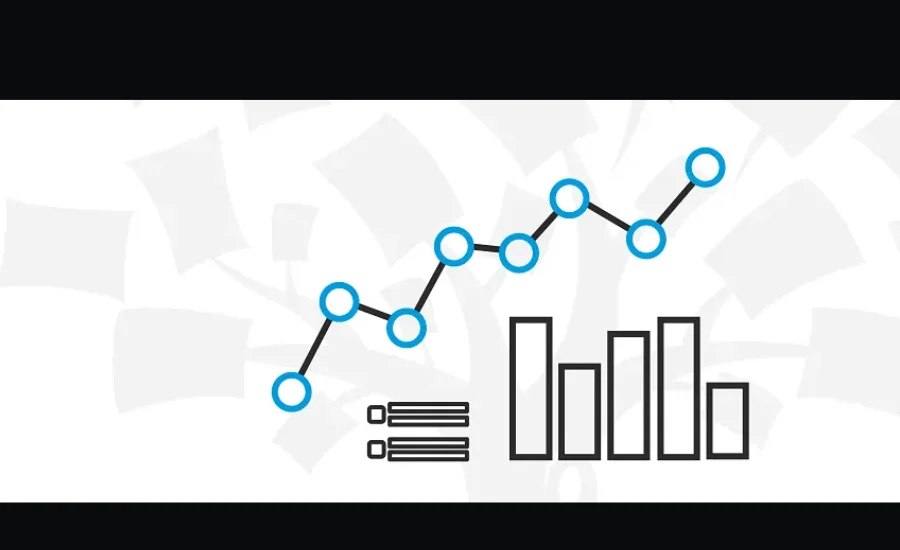
Enhanced Decision-Making: By deciphering extensive datasets, rdatao equips businesses with critical insights for informed decision-making. For instance, it aids in pinpointing consumer preferences, optimizing inventory management, and refining marketing strategies. In healthcare, rdatao assists in precise disease diagnosis and personalized treatment planning.
Operational Efficiency: Automated data processing minimizes time-consuming manual tasks and reduces error rates. Rdatao systems handle large volumes of data swiftly and accurately, liberating human resources for strategic initiatives.
Precision: Advanced algorithms employed by rdatao systems discern intricate patterns and trends that might elude human analysts, thereby enhancing predictive accuracy and decision quality.
Scalability: Rdatao seamlessly scales to accommodate extensive data volumes, making it suitable for projects of any magnitude—from small-scale analyses to comprehensive data assessments.
These merits position rdatao as an indispensable tool across diverse industries. Leveraging rdatao enables organizations to unravel deeper insights, optimize operational efficiencies, and maintain competitive advantages in dynamic markets.
Understanding Rdatao: Innovating Data Science with Blockchain Technology
Rdatao bridges data science with blockchain technology, pioneering a decentralized approach to data exchange and analysis. Central to its framework is the Streamr Network, a robust data protocol facilitating seamless real-time data streaming and exchange.
Key Components of Rdatao
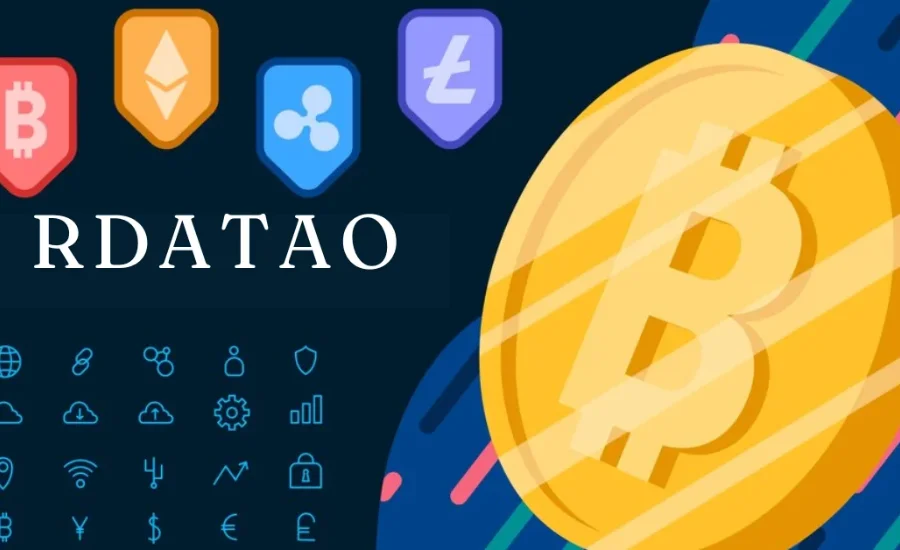
Data Tokens: Fundamental to the Rdatao ecosystem, these tokens ensure secure and efficient transactions of data across its decentralized network.
Streamr Network: An innovative platform supporting real-time data streams, enabling swift and reliable data exchange.
Smart Contracts: Executed on the Ethereum blockchain, these automated agreements uphold transparency and trust in data transactions within Rdatao.
Rafael Ratão: A visionary leader in Rdatao’s development, blending expertise in data science and blockchain technology.
Impact of Rdatao on Data Science
Rdatao provides robust tools and frameworks for evaluating data maturity, empowering organizations to enhance their data capabilities and drive inclusive growth in data-driven environments.
Integration with the Streamr Network enables Rdatao to leverage real-time data effectively, facilitating timely insights and decisive actions in today’s dynamic business landscape.
Assessing the Impact of Rdatao Strategies
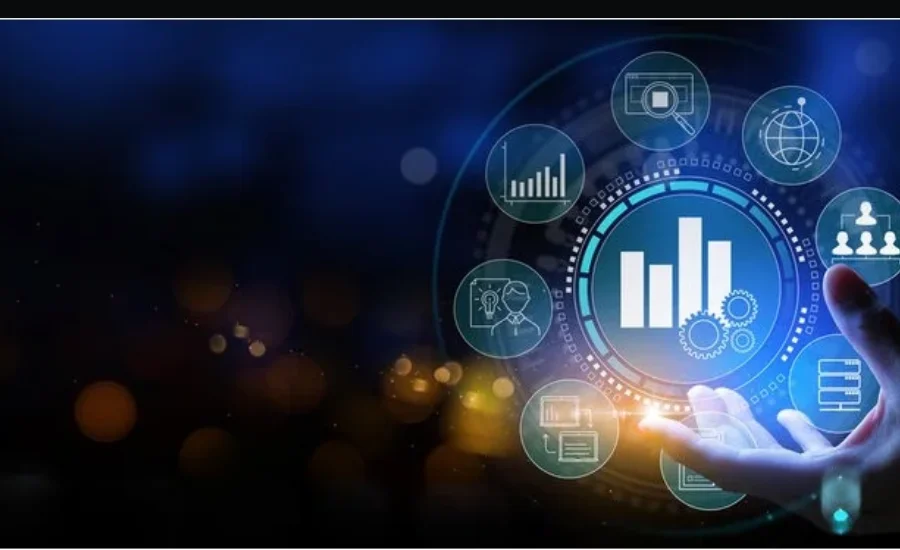
Implementing Rdatao strategies marks the beginning of your journey towards success. To gauge effectiveness, monitoring key metrics is essential:
Tracking Traffic Trends: Analyze real-time changes in website traffic as a foundational metric. Identify spikes during specific campaigns or content launches to replicate successful strategies. This analysis informs ongoing optimizations and enhances strategic planning.
Evaluating Conversion Rates: Measure how adjustments based on real-time data impact conversion rates. Assess whether users are completing desired actions such as form submissions, purchases, or increased content engagement. Improved conversion rates signify effective implementation of Rdatao strategies.
Enhancing User Engagement: Monitor metrics like bounce rate, time spent on page, and pages per session to gauge user interaction. Enhanced engagement correlates with improved search rankings, underscoring the significance of user experience in Rdatao initiatives.
By focusing on these metrics, organizations can effectively measure the success of their Rdatao strategies, optimize performance, and achieve sustainable growth in digital landscapes.
Practical Applications of Rdatao Across Industries
Rdatao finds extensive applications across diverse sectors, showcasing its versatility and impact:
Business Applications: In business, Rdatao is instrumental in analyzing customer behavior, market trends, and operational efficiency. Retailers use Rdatao to improve inventory management, customize marketing campaigns and analyze consumer insights. Fraud detection,credit risk assessment and even to improvedinvestment strategy… Financial institutions use it everywhere.
Healthcare Advancements: Rdatao empowers healthcare through analysis of medical data, treatment optimization and prediction of patient admission. Both hospitals improve resource utilization and patient outcomes in the process. Rdatao is used by a range of researchers to help identify risk factors for disease, as well design new treatments and target them accurately in clinical trials.
Educational Insights: In education, Rdatao supports personalized learning initiatives by tracking student performance, evaluating teaching methods, and enhancing educational outcomes. Schools and universities leverage it to allocate resources effectively and provide targeted support to students in need.
Government and Policy-Making: Rdatao aids governmental agencies in analyzing data for policy formulation, public safety initiatives, and resource allocation. It facilitates crime analysis, economic assessments, and policy impact evaluations, thereby improving public service delivery and governance.
Challenges Associated with Rdatao Implementation
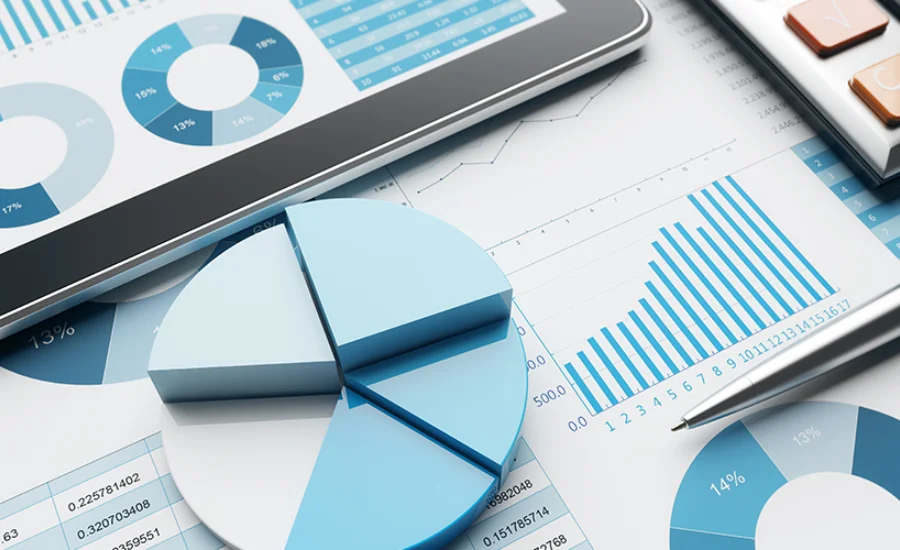
Complexity: Deploying Rdatao systems requires specialized expertise in data science and programming. Organizations must navigate the complexity of integrating and maintaining these systems to ensure optimal performance and functionality.
Cost Considerations: The initial setup and ongoing maintenance of Rdatao systems can be costly, involving investments in hardware, software, and skilled personnel. However, the potential gains in efficiency and decision-making often justify these expenditures.
Data Privacy Concerns: Handling vast amounts of data raises significant privacy and security concerns. Organizations must adhere to stringent data protection regulations and implement robust security measures to safeguard sensitive information from breaches and unauthorized access.
Data Quality Assurance: The accuracy of insights derived from Rdatao hinges on the quality of underlying data. Ensuring data integrity demands rigorous data cleaning, validation, and ongoing monitoring processes to mitigate risks of erroneous conclusions and flawed decision-making.
Supporting Social Impact Organizations
Collaborations with entities like the Rockefeller Foundation and the Mastercard Center for Inclusive Growth empower Rdatao to spearhead social impact initiatives. By offering access to real-time data and advanced analytics, it enables informed decision-making and effective impact measurement.
Building a Collaborative Community
Rdatao nurtures a vibrant community comprising data scientists, social impact organizations, and technology enthusiasts committed to leveraging data for positive change. This collaborative hub fosters innovation, knowledge sharing, and collective efforts towards societal betterment.
The Future Outlook of Rdatao and Data Science
Pioneering Data Technology Advancements
In the dynamic landscape of data technology, Rdatao stands as a beacon of innovation. By continually integrating state-of-the-art tools and methodologies, Rdatao remains at the forefront, offering invaluable resources to both data scientists and organizations.
Expanding the Rdatao Ecosystem
We are invested in growing our ecosystem and forging the right partnerships to ensure that we always maintain it. This initiative is designed to enhance platform capabilities and build a global community of skilled data enthusiasts. Facilitating a culture of growth and collaboration will enable Rdatao to increase its global footprint, stimulating further progress in the realm of data science and continuing to influence new era solutions on innovation with big data.
Final WOrds
In today’s connected world, data is generated and stored at an unprecedented rate. Rdatao emerges as a crucial tool for navigating this vast information landscape. This advanced framework excels in comprehensive data management, analysis, and processing, turning raw data into actionable insights. Rdatao’s systematic approach—collecting, cleansing, standardizing, storing, analyzing, and visualizing data—enhances decision-making, operational efficiency, and precision. Integrating blockchain technology, Rdatao ensures secure, real-time data exchange through the Streamr Network. By leveraging Rdatao, businesses and organizations can unlock deeper insights, streamline operations, and maintain a competitive edge in dynamic markets.
FAQs
What is Rdatao?
Rdatao is an advanced framework for comprehensive data management, analysis, and processing.
How does Rdatao collect data?
Rdatao pulls data from various databases, interfaces through sensors, or APIs.
What is data cleansing in Rdatao?
Data cleansing involves detecting, repairing, and removing errors in a dataset.
How does Rdatao standardize data?
It converts data into a common format for comparison and analysis.
How is data stored in Rdatao?
Refined data is stored operationally in databases or captured into a corporate datastore.
What analysis methods does Rdatao use?
Rdatao uses statistical models and machine learning algorithms.
How does Rdatao visualize data?
Rdatao displays analytical findings in charts and graphs for easy interpretation.
What are the benefits of Rdatao?
Enhanced decision-making, operational efficiency, precision, and scalability.
How does Rdatao integrate blockchain technology?
Through the Streamr Network for real-time data streaming and secure transactions.
What industries benefit from Rdatao?
Business, healthcare, education, and government.
Stay Informed and Connected: Get Trend revolve Updates and Alerts
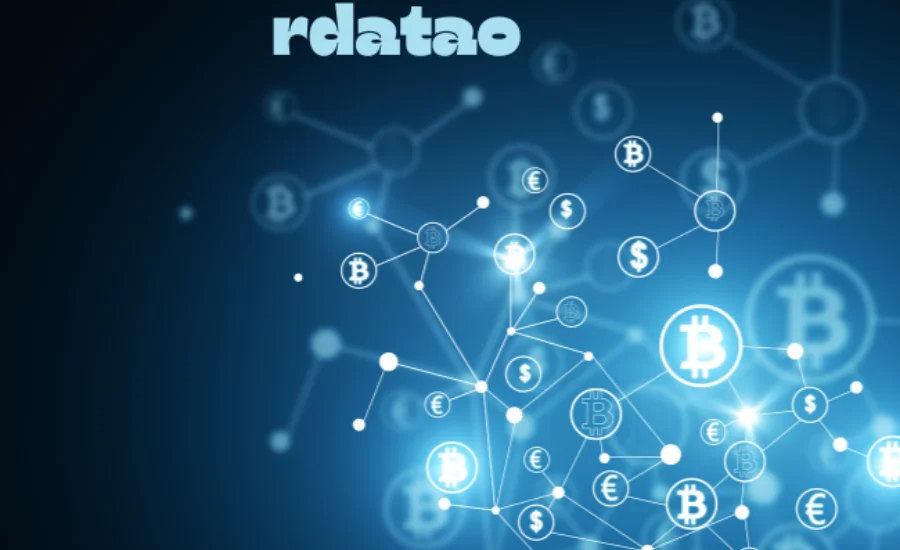
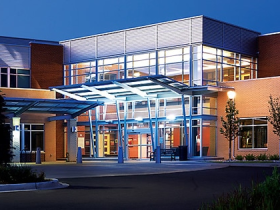



Leave a Reply